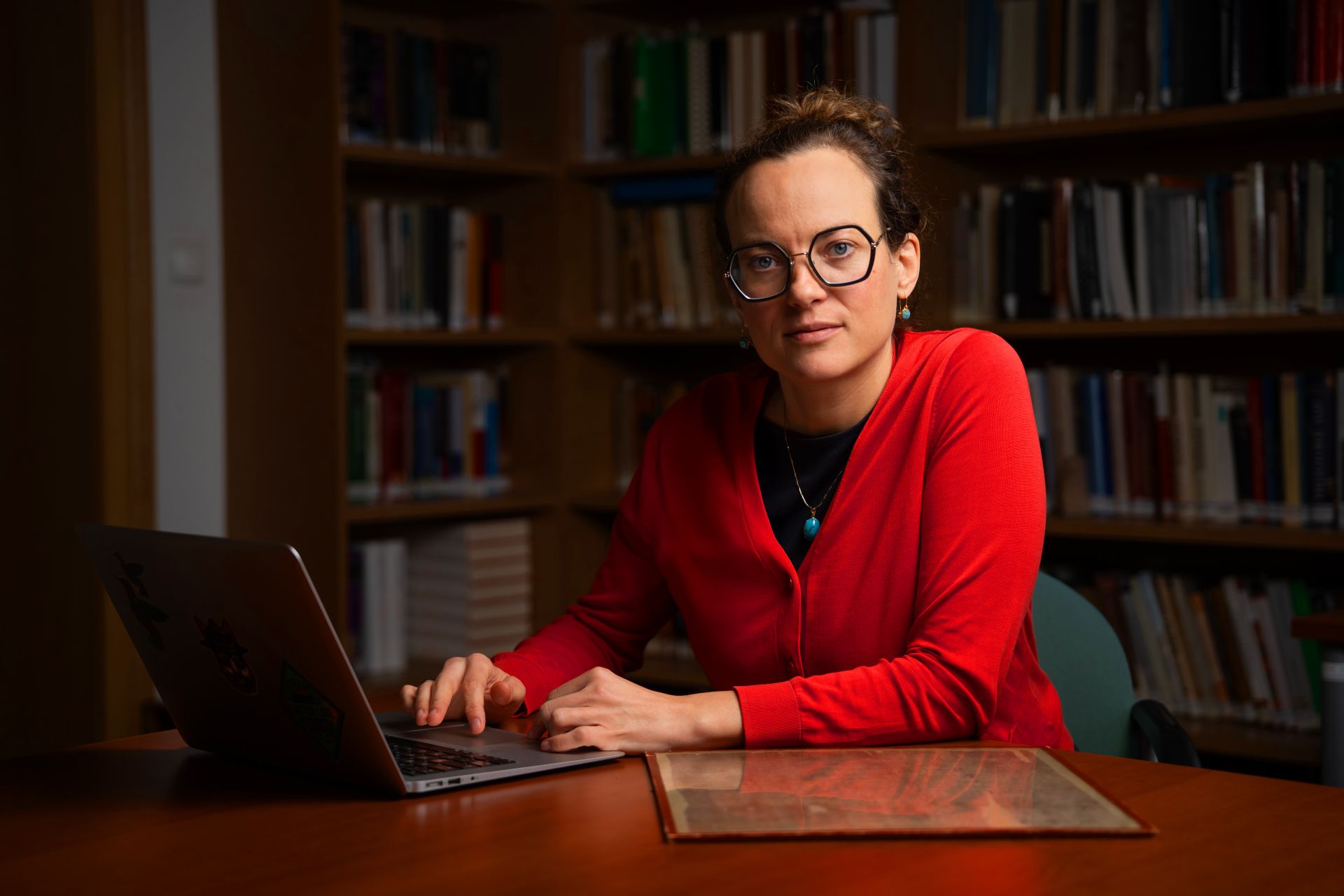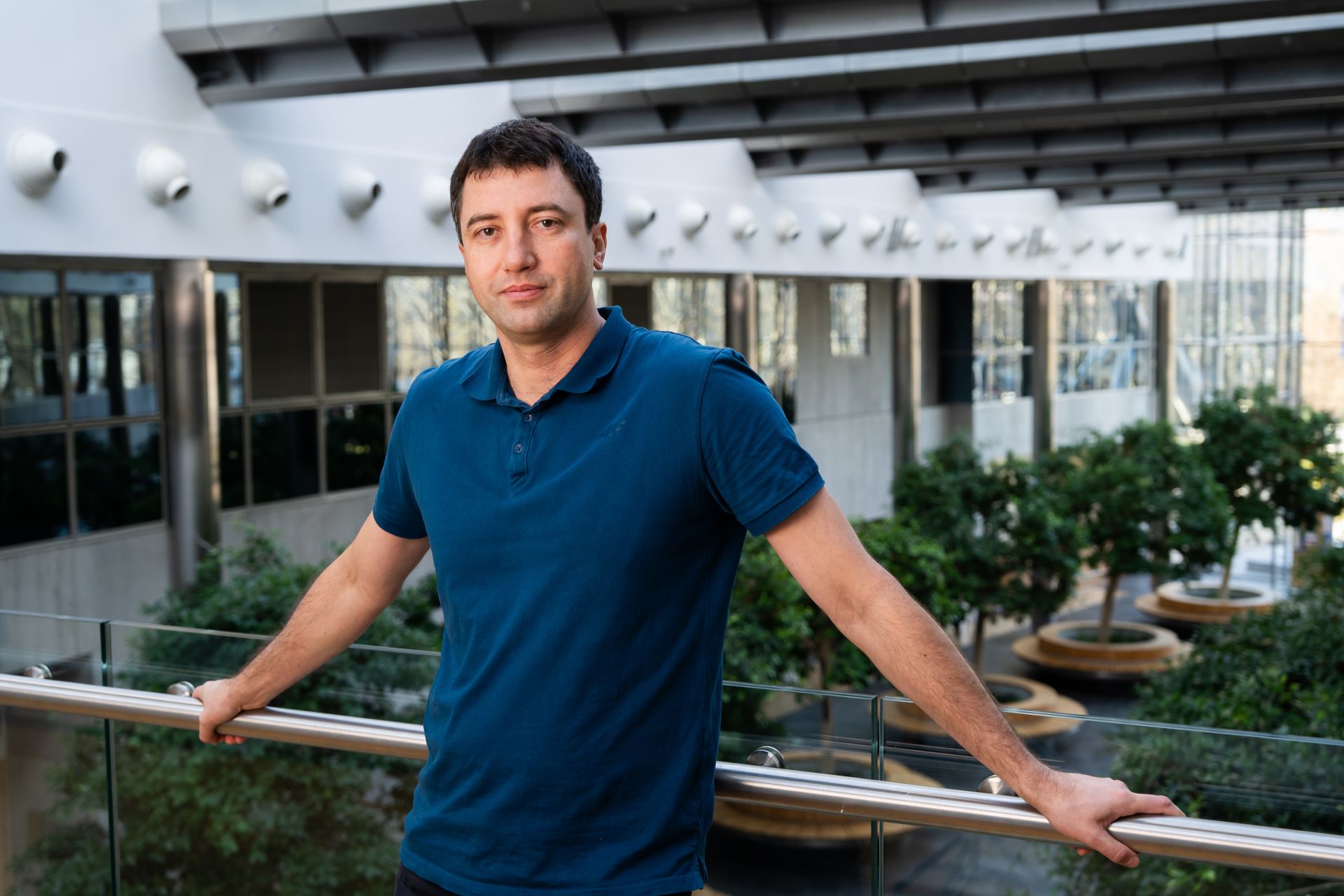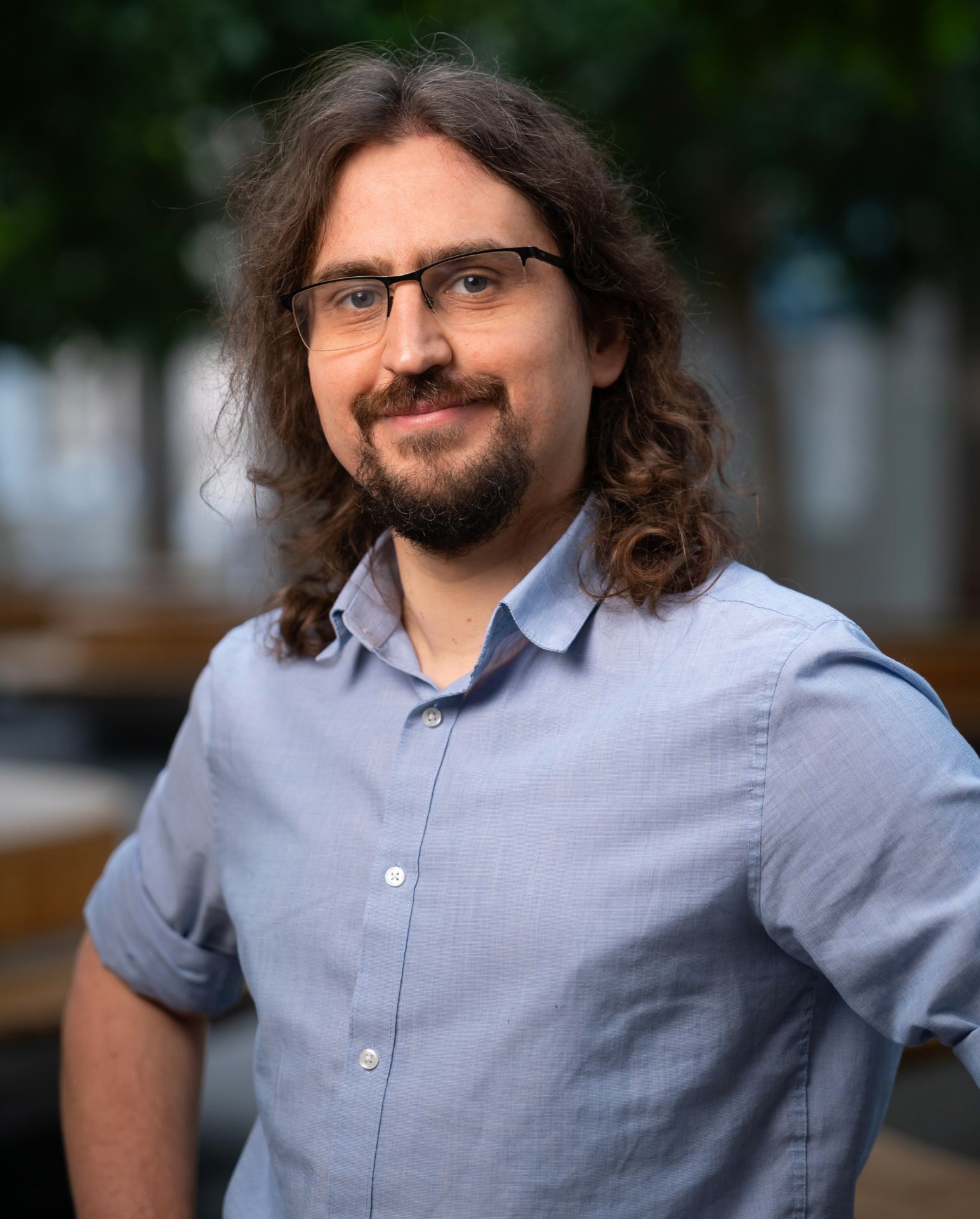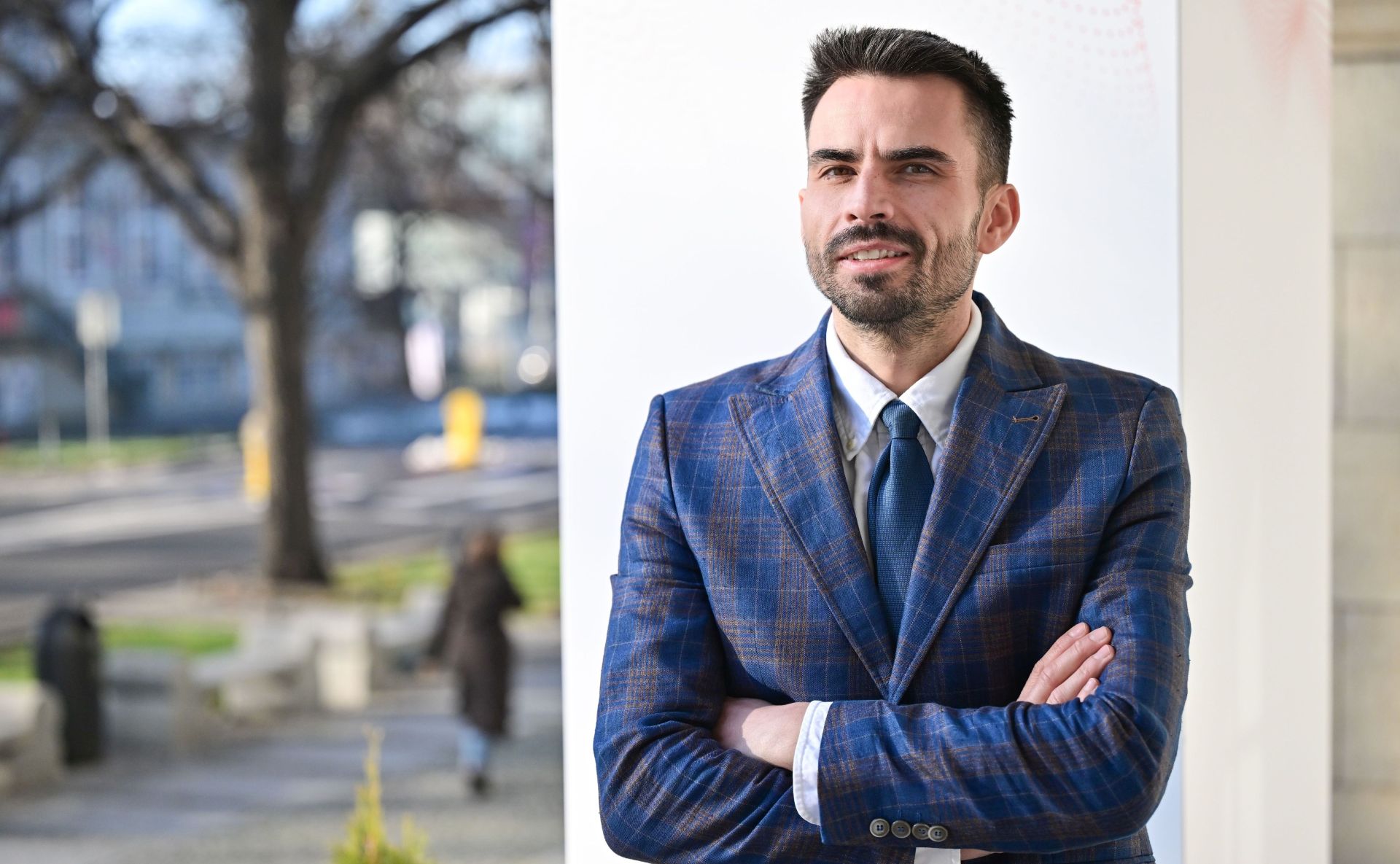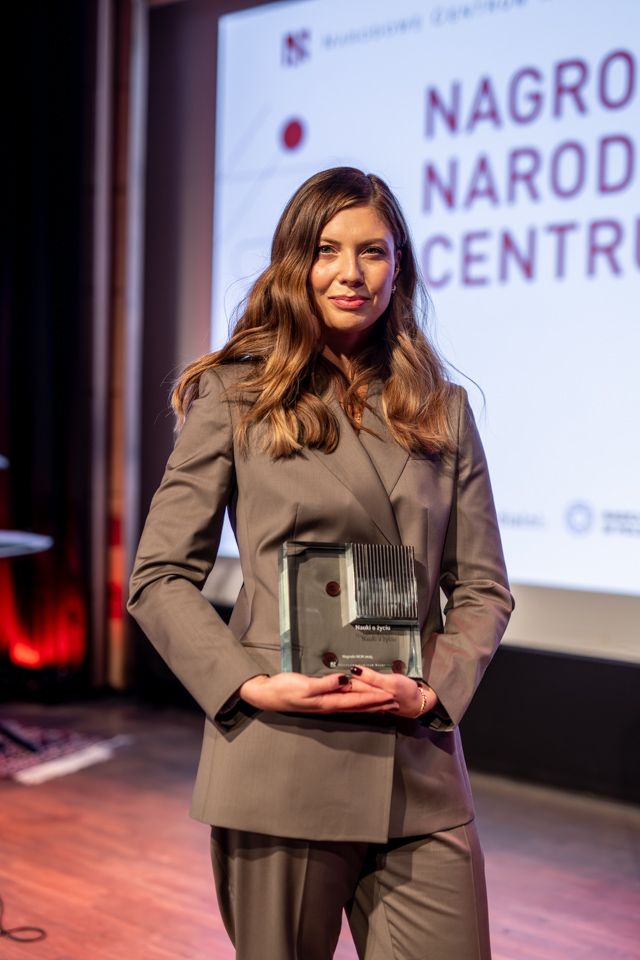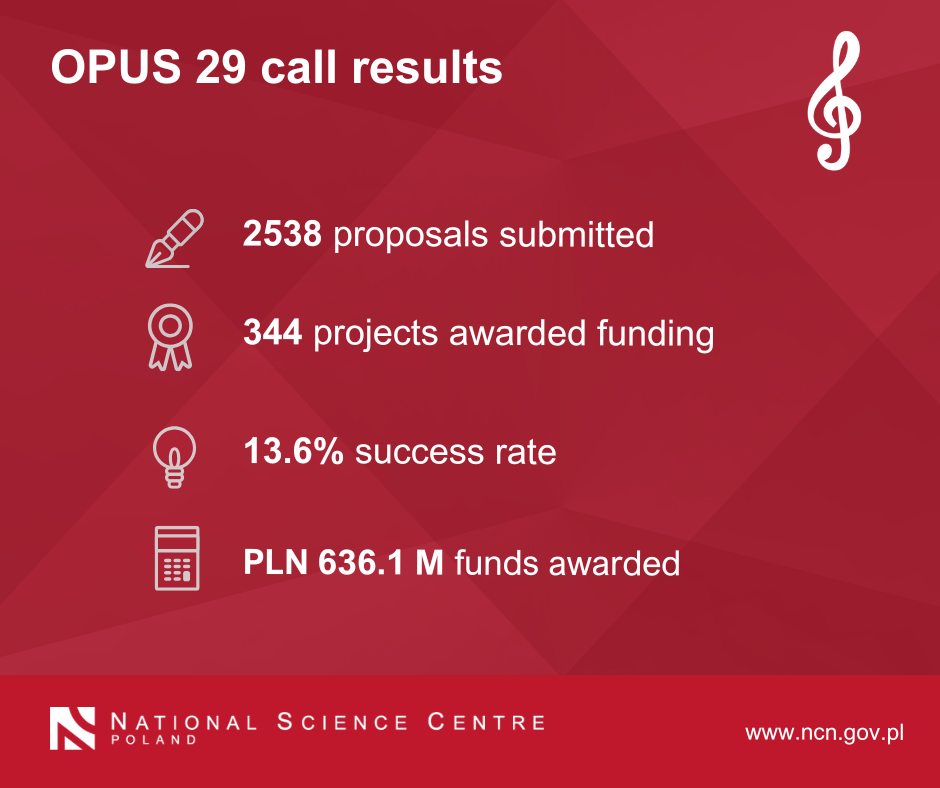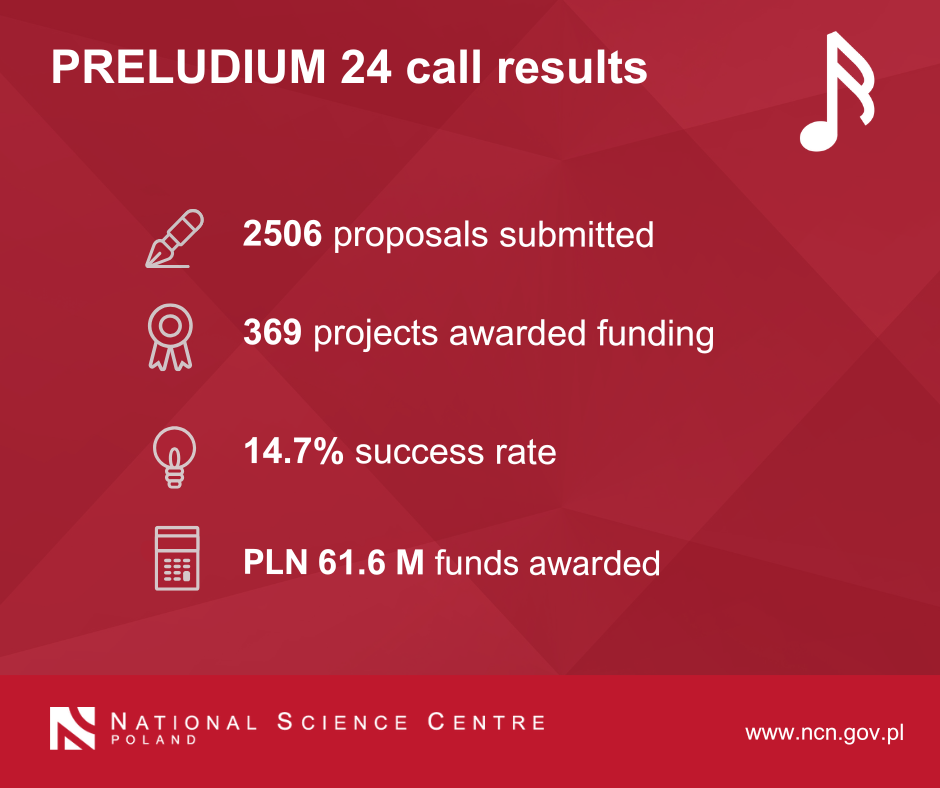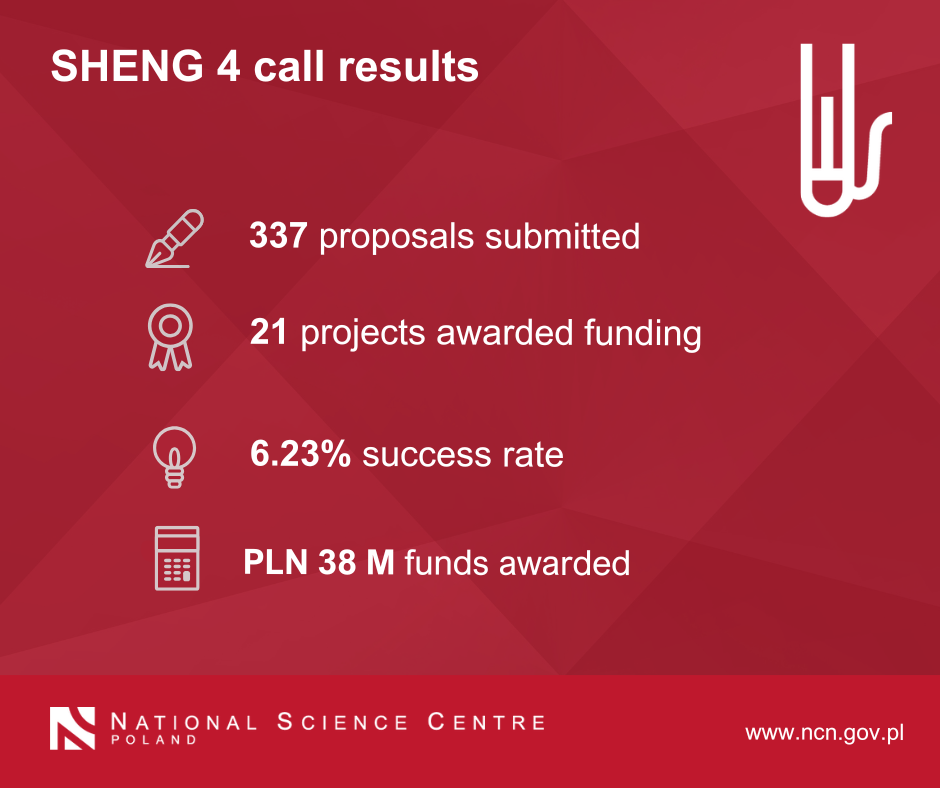Over PLN 3,500,000 for Polish and Czech Research Projects
Three research projects in Physical Sciences and Engineering, and one project in Humanities, Social Sciences and Art Sciences, will be funded under Weave-UNISONO. Polish research teams have been awarded over PLN 3,500,000.
Greenwashing - Consumers Bamboozled
Prof. Dr hab. Monika Namysłowska from the University of Lodz will look into the regulatory challenges of greenwashing in the EU, Czechia and Poland. Together with the Polish and Czech research teams (the latter headed by Dr. iur. Rita Sik-Simon LL.M from the Palacký University in Olomouc), she will pursue a research project aimed to protect consumers in the context of digital and environmental transitions. The Polish budget is over PLN 500,000. Greenwashing, which means misleading consumers through unsubstantiated claims that exaggerate or falsify alleged environmental benefits of goods and services, is raising serious concerns in the context of digital and environmental transitions. It undermines public trust and violates the principles of fair competition, where targeted algorithms and social media influencers are increasingly used in commercial practices. The GRETA project studies the implementation and enforcement of EU regulations on consumer protection and environmental communication in Poland and Czechia, identifies legal loopholes and barriers to effective application. The ultimate goal is to evaluate the efficiency of the existing regulations as well as to develop recommendations to limit greenwashing, strengthen consumer protection and increase the transparency of ecological communication. The research findings are expected to support public decision-makers, honest entrepreneurs and consumer organisations, contributing to the development of a more transparent and sustainable EU marketplace.
Understanding Nanoscale Magnetism
Another project funded in this round will aim to develop a unique tool to learn and understand nanomagnetic properties of non van-der-Waals two-dimensional systems. The Polish research team will be headed by Prof. Dr hab. Ryszard Zdyb from the Maria Curie-Skłodowska University in Lublin, with the support of Mgr. Jan Filip from the Palacký University in Olomouc, who will supervise the Czech research team. The Polish research team will receive over PLN 1,000,000 for their three-year project. Two-dimensional materials, known in part due to graphene, reveal potentially new research and technological opportunities, especially due to their thickness of several layers. The project focuses on hematene (an ultrathin iron oxide), which may exhibit completely different magnetic properties from its “thick” equivalent. Studies show that transitioning to the 2D regime and modifying the surface of hetametene with single atoms and metal clusters enables precise control of its magnetism. The goal of the project is to learn and understand magnetic properties through the production and comprehensive study of ultrathin iron oxides and their derivatives. The results may contribute to the development of new-generation technologies, such as ultrathin magnetic storage media as well as innovative materials for catalysis and photocatalysis.
Antibacterial Light: New Methodologies to Treat Bacterial Infections
Dr Dorota Anna Chełminiak-Dudkiewicz from the Nicolaus Copernicus University in Toruń and RNDr and Miloslav Macháček Ph.D. from the Charles University in Prague, alongside their research teams, will aim to develop photoactive supramolecular biopolymer materials for antimicrobial photodynamic therapy. The Polish research team will receive over PLN 700,000 for their research. Due to increasing antibiotic resistance, the treatment of infections is becoming a major challenge in contemporary medicine. The project focuses on the development of a new safe methodology to combat bacterial infections with light, called antimicrobial photodynamic therapy, which is especially suitable for treatment of wounds and skin infections. This project aims to develop novel photoactive biopolymer materials, such as films, sponges, gels, and nanoparticles, for wound dressing, where photosensitizers are combined with biopolymers, thus increasing therapeutic efficiency and reducing the risk of damaging healthy tissue. Such materials will effectively eliminate resistant microorganisms, support wound healing and protect the wound against further damage and infections. The project may result in the development of an innovative, patient- and environment- friendly alternative to current methods of bacterial treatment of infections.
New Antibiotic Development Strategy
The last winning project is about the amphiphilic peptidomimetics containing metallacarboranes as a design strategy for future antibiotics. The Polish research team will be headed by Dr Krzysztof Konrad Fink from the Hirszfeld Institute of Immunology and Experimental Therapy, Polish Academy of Sciences. Czech researchers will be supervised and headed by Ing. Mariusz Uchman Ph.D. from the Charles University in Prague. The Polish research team will receive nearly PLN 1,300,000 for their project, which aims to find an attractive alternative to conventional antibiotics, such as peptidomimetics that have potent antibacterial activity while preserving human cells. The unique mechanism of damaging bacterial membranes makes them susceptible to bacterial resistance. The purpose of research is to develop a new class of stable and safe metallacarborane-containing peptidomimetics and to understand the underlying molecular principles of the observed biological effects. The project findings may contribute to the development of effective therapies targeting multidrug-resistant pathogens and reinforce the future of infectious disease treatment.
All proposals had been evaluated by the Grantová agentura České republiky (GAČR), and the evaluation results were then approved by the NCN within the framework of Weave collaboration.
Weave-UNISONO and Lead Agency Procedure
Weave-UNISONO is a result of multilateral cooperation between the research-funding agencies associated in Science Europe and aims at simplifying the submission and selection procedures in all academic disciplines, involving researchers from two or three European countries.
The winning applicants are selected pursuant to the Lead Agency Procedure according to which one partner institution performs a complete merit-based evaluation of proposals, the results of which are subsequently approved by the other partners.
Under the Weave Programme, partner research teams apply for parallel funding to the Lead Agency and their respective institutions participating in the Programme. Joint research projects must include a coherent research program with the added value of the international cooperation clearly identified.
Weave-UNISONO is carried out on an ongoing basis. Research teams intending to cooperate with partners from Austria, Czechia, Slovenia, Switzerland, Germany, Luxembourg and Belgium-Flanders are urged to read the call text and apply for funding.

